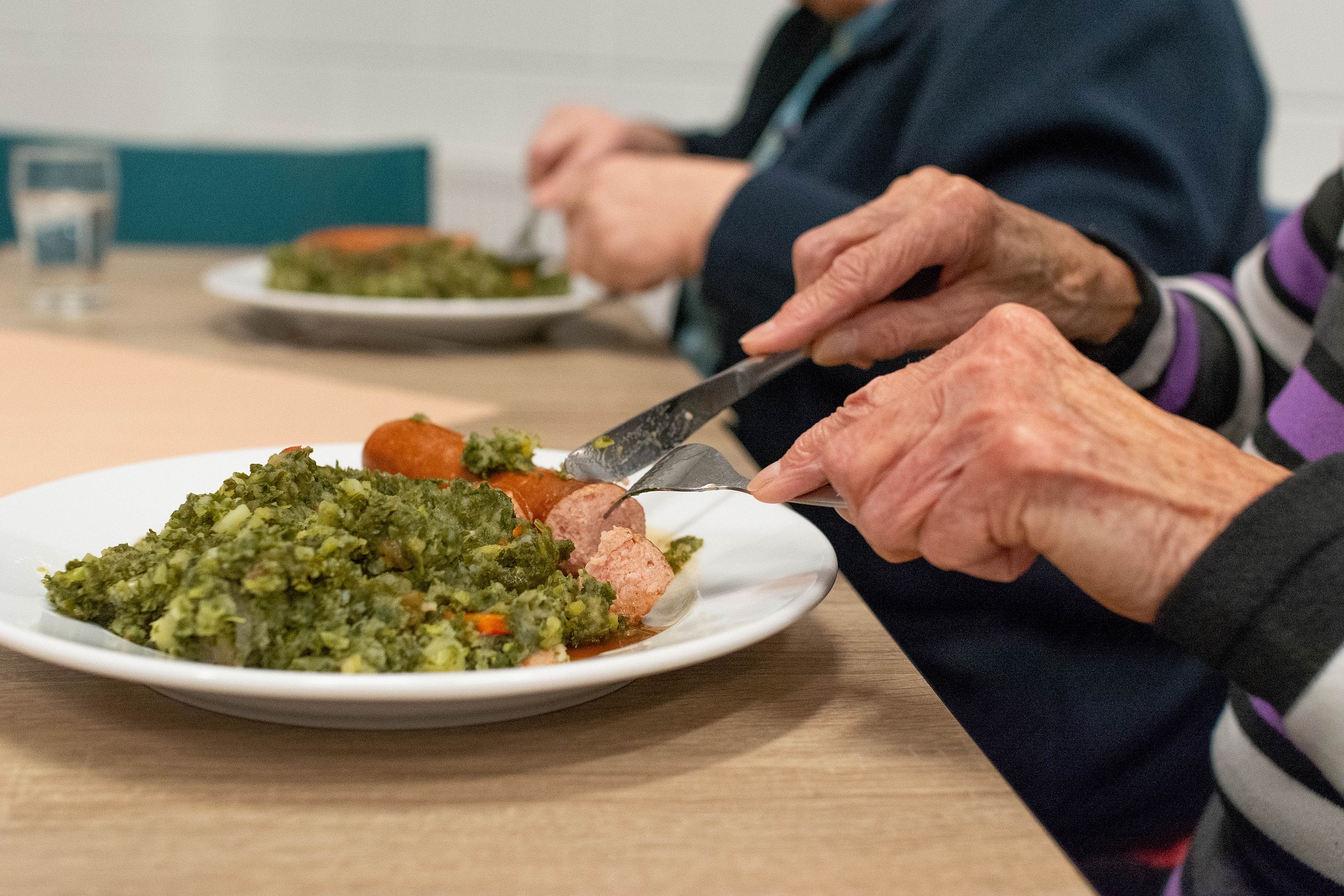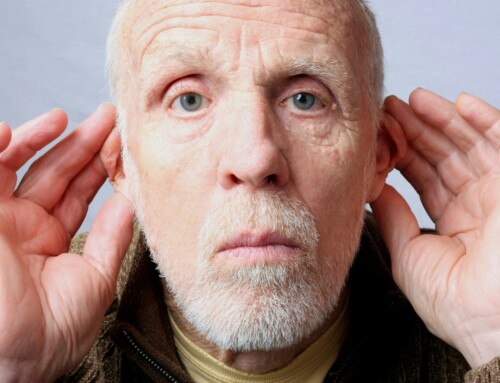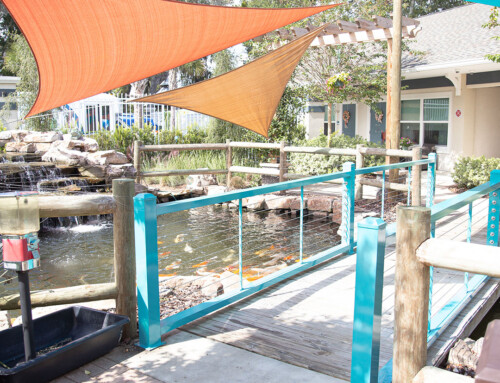As parents age – especially if they still live on their own – you may begin to see warning signs that make you nervous. You may be worried about eating well, getting enough sleep, and taking their medications appropriately. But it can be challenging to assess their actual situation from afar, and most seniors won’t willingly offer to give up their independence. What are the signs that you may need to initiate a conversation with your aging parent about making a move to assisted living?
Four Signs Your Aging Parent Needs Help
You don’t want to start asking questions or investigating the situation if it will cause trouble – but you can stay alert, looking for specific signs that could indicate a potential issue.
- Falling: According to the CDC, 25% of senior citizens fall each year, and 8 million of those accidents require serious medical intervention. While that number may seem shocking, the reality is likely worse – many seniors may not report their falls for fear of losing their independence or having their family worry about them. If your loved one has taken a fall, you should look into why it happened and determine if they have the support they need in an emergency. If you suspect your loved one has fallen and not told you, look for scrapes, bruises, or soreness they can’t explain.
- Not Eating Well: Staying nourished with a healthy diet is essential for immune health, muscle strength, and overall function of our bodily systems. While most people understand that eating well is vital, it can be difficult for seniors living alone to achieve their necessary health goals via their diet. There could be many reasons. For instance, they may not feel like cooking or preparing meals alone, and they may not be able to get back and forth to the grocery store to get fresh ingredients. Many senior citizens simply don’t feel hungry, and some may forget to eat (which is a sign of a significant issue.)If you suspect your loved one is not eating, check the kitchen for signs. You can see if there are any dirty dishes. Look in the refrigerator or pantry to see how much food is in the house. You may also notice weight loss in your loved ones. If the issue is simply one of access, you may want to help them order groceries or take them shopping.
- Loneliness: Loneliness adversely affects overall health and wellness and can cause increased anxiety, depression, obesity, and cognitive decline. If your aging parent is living independently, they may already feel isolated. The risk of loneliness may increase if they don’t drive, suffer cognitive decline, or live with mobility challenges. You can determine if your loved one is slipping into depression or isolation by asking about their normal week – are they speaking to friends or family members? Are they engaged in social activities? How do they feel about their day-to-day life? If they seem lonely or depressed, try to help them fill their calendar, invite friends over, or plan a weekly dinner.
- Medication: Many seniors take more than one medication per day, and maintaining complicated schedules can be challenging. Seniors are at an increased risk for adverse drug events, which means they are more likely to be hurt by mistakes with medication. You can monitor their prescription consumption during your visits, looking for too many (or too few) pills. If they have difficulty getting their medications right, you may want to intervene.
If you move your loved one to an assisted living facility, you can be assured that they will have interaction, healthy food, proper medication management, and a safe environment. So if your elderly loved one is experiencing any of the above, call for a tour of A Banyan Residence. We will be happy to help.







